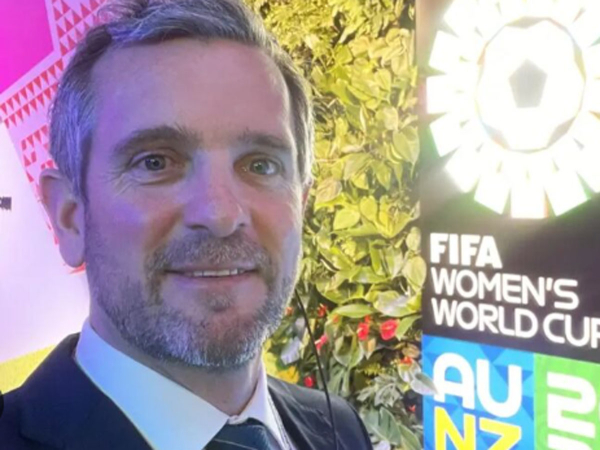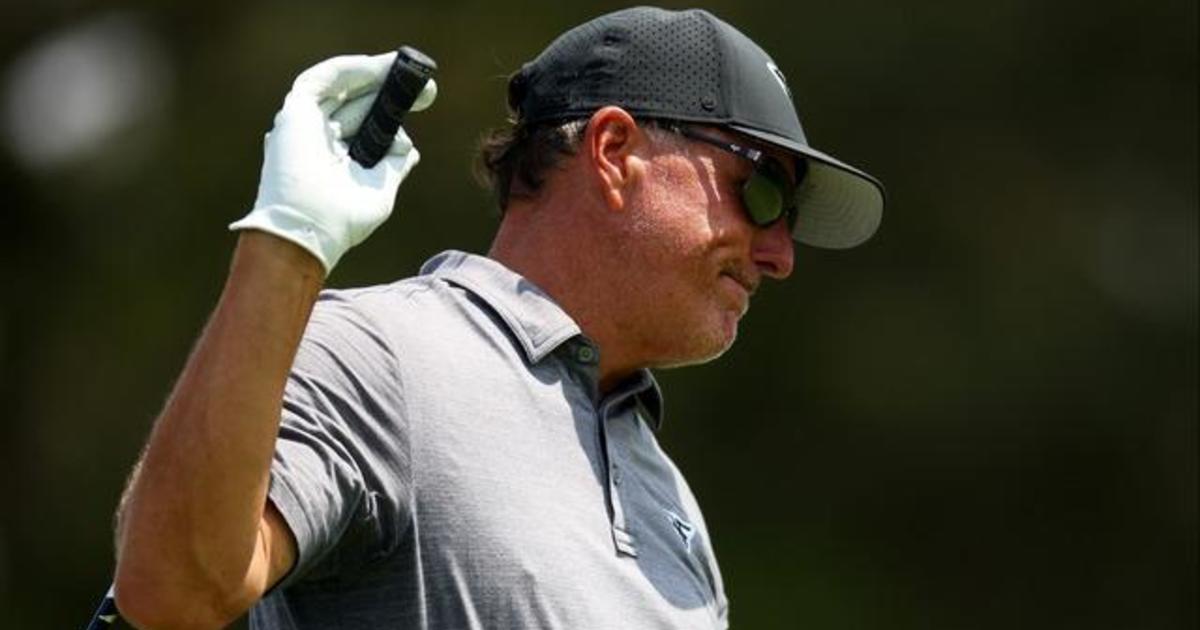[ad_1]
Residents in some Queenstown suburbs could be boiling water for months, as the district council works to comply with a compliance order for one of its water treatment plants.
On Wednesday night, water regulator, Taumata Arowai, served a compliance order on the Queenstown Lakes District Council for its Two Mile treatment plant, as the number of cryptosporidium cases in the area grows.
As of Wednesday, there were 17 confirmed cases of crypto in the Queenstown area – an increase of two from Tuesday.
A boil water notice has been in place for the majority of Queenstown and Frankton neighbourhoods since Monday and would remain until the council was able to achieve the protozoa barrier required under the Drinking Water Quality Assurance Rules.
However, in an interview with RNZ mayor Glyn Lewers said while he would not give a date it could take months, not days, before the barrier filter was in place.
That would mean residents in the boil notice suburbs would be boiling water until then.
Bring in water tankers had not yet been considered but may be later down the track, Lewers said.
Lewers said the council was expecting test results back from water samples taken the treatment site.
He said the test for crypto took about three days but there was a lab strike so council was trying to “expedite” the results as it
When asked why there was no routine testing for crypto, Lewers told RNZ the council followed guidelines for water testing, and monitored things like E.coli.
However, the crypto test was “unreliable” and took three days and didn’t give any operational merit.
Water regulations require filters to be in place at treatment facilities and Lewers said there were five systems in the district without a filter.
There was a plan for these to be progressively upgraded and that was now being brought forward, Lewers said.
The reason it had not been done when the rules changed was the cost, he said.
Queenstown restaurateur Fleur Caulton told RNZ the situation was outrageous and would damage Queenstown’s reputation around the world.
International media would be reporting there was poo in the water, she said.
“Are we third-world? It feels like it.”
Complying with the rules over months was not sustainable with restaurants going to “extraordinary” lengths to source uncontaminated ice and water.
It comes after three-and-a-half years of difficulties for the sector including the Covid-19 pandemic, a staff shortage crisis, and immigration issues.
“It was just coming right this winter…everyone has been gearing up for summer.”
In an emailed statement Wednesday night, the council acknowledged the compliance order and property and infrastructure general manager Tony Avery said it was important people in those communities boiled their water for at least one minute and maintained good hand hygiene, which was the best way to prevent infection.
Debbie Jamieson/Stuff
Queenstown restaurants are having to put in extra time and effort to keep operating with a boil water notice in place.
Council officers would be working hard to understand the detail and full implications of the order, with the first condition being to prepare a community engagement plan and provide a copy to Taumata Arowai for review and approval by 5pm Thursday, Avery said.
“We will also be working closely with our tourism and hospitality partners, including Destination Queenstown and the Chamber of Commerce, to reassure domestic and international visitors. Whilst it’s clearly not business as usual, the simple step of boiling water and practising good hygiene is effective protection against cryptosporidium.”
The council’s environmental health team had contacted approximately 170 food operators and published a dedicated page on the council website for individuals and businesses that included frequently asked questions and downloadable resources as well as news and updates.
While the source had not been identified, Avery said the council recognised the potential for its water supply to be the source.
“That is why we issued the boil water notice on Monday in line with advice from Taumata Arowai and NPHS Southern, and why we will be complying with the former’s compliance order.”
[ad_2]
Source link





















